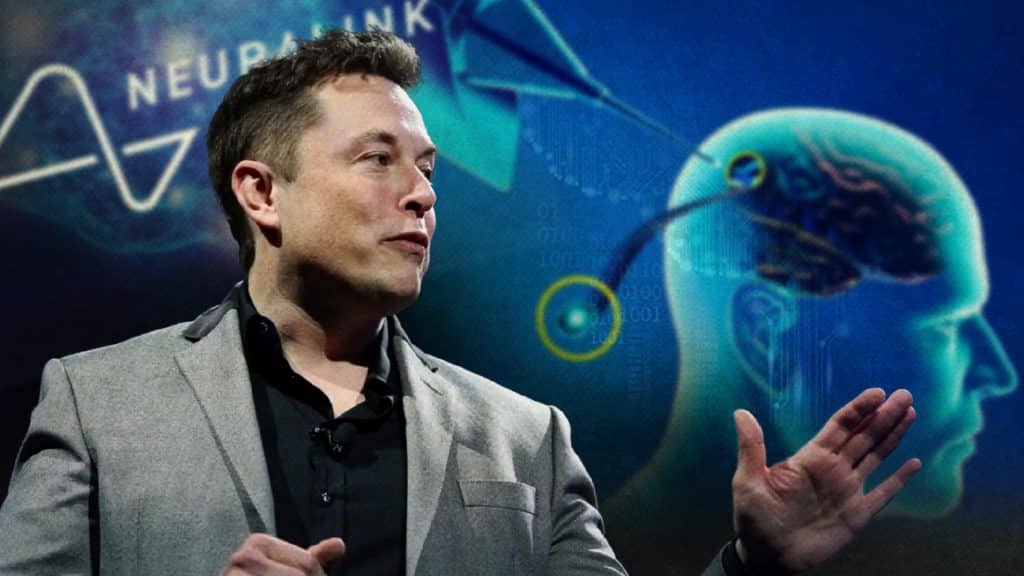
Neuralink’s team is in the process of asking U.S. regulators to allow them to test the device. Musk said he thinks the company should be able to put the implant in a human brain very soon as part of a clinical trial.
Neuralink is one of many groups working on linking brains to computers, efforts aimed at helping treat brain disorders, overcoming brain injuries and other applications.
The Neuralink device is about the size of a large coin and is designed to be implanted in the skull, with ultra-thin wires going directly into the brain. Musk said the first two applications in people would be restoring vision and helping people with little or no ability to operate their muscles rapidly use digital devices.
He said he also envisions that in someone with a broken neck, signals from the brain could be bridged to Neuralink devices in the spinal cord.
“We’re confident there are no physical limitations to enabling full body functionality. We’ve been working hard to be ready for our first human and obviously we want to be extremely careful and certain that it will work well before putting a device into a human,”
Earlier this year, Dr. Karola Kreitmair, assistant professor of medical history and bioethics at the University of Wisconsin, said that we need to really examine how Neuralink will change society.
2% of Elon Musk´s fortune, would mitigate world hunger
«I don’t think there is sufficient public discourse on what the big picture implications of this kind of technology becoming available are,» she said.
«I worry that there’s this uncomfortable marriage between a company that is for-profit.»
Dr. L. Syd Johnson, associate professor at the Center for Bioethics and Humanities at SUNY Upstate Medical University, also told the publication: «If the ultimate goal is to use the acquired brain data for other devices, or use these devices for other things – say, to drive cars, to drive Teslas – then there might be a much, much bigger market.
Recommended: Experimental drug reduces cognitive impairment (Alzhaimer’s) by 27%.
«But then all those human research subjects – people with genuine needs – are being exploited and used in risky research for someone else’s commercial gain.
«If Neuralink is claiming that they’ll be able to use their device therapeutically to help disabled persons, they’re overpromising because they’re a long way from being able to do that.»





